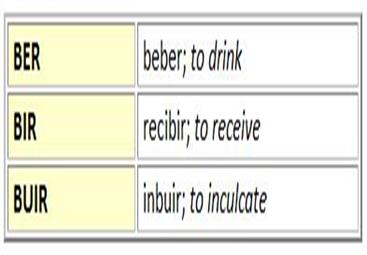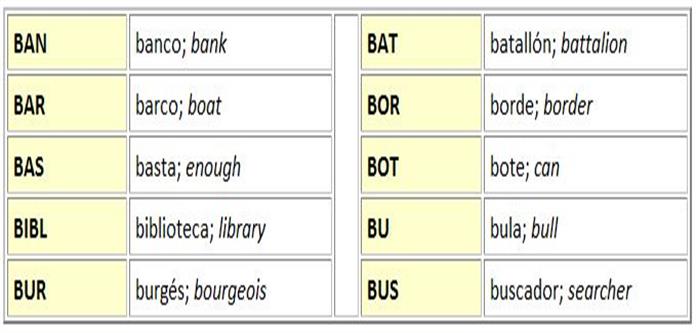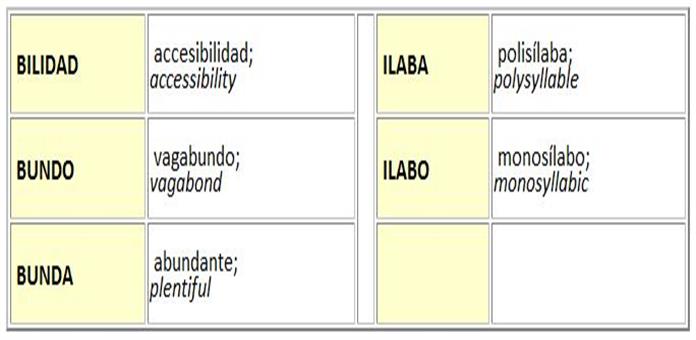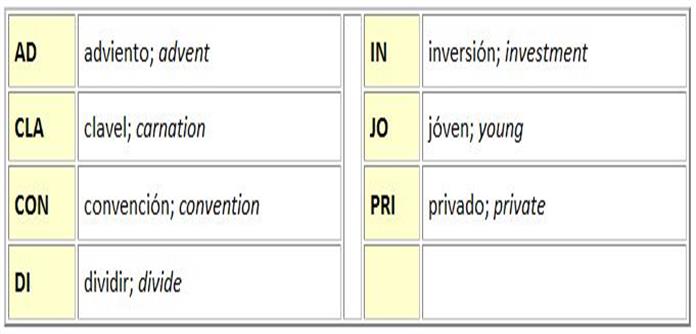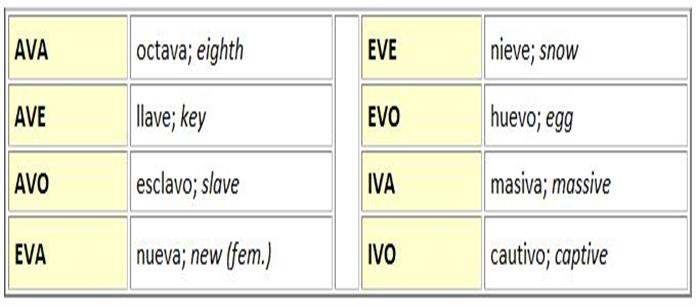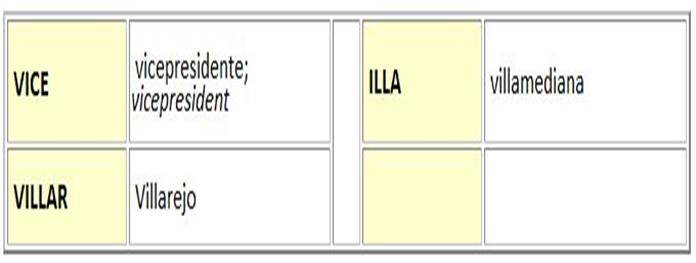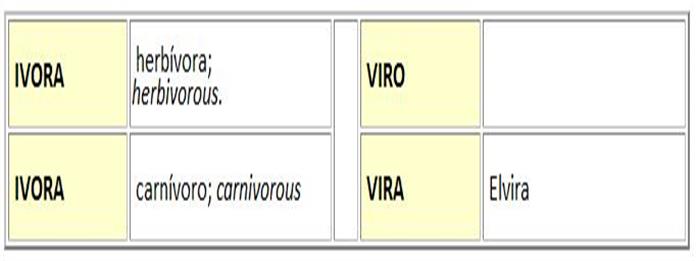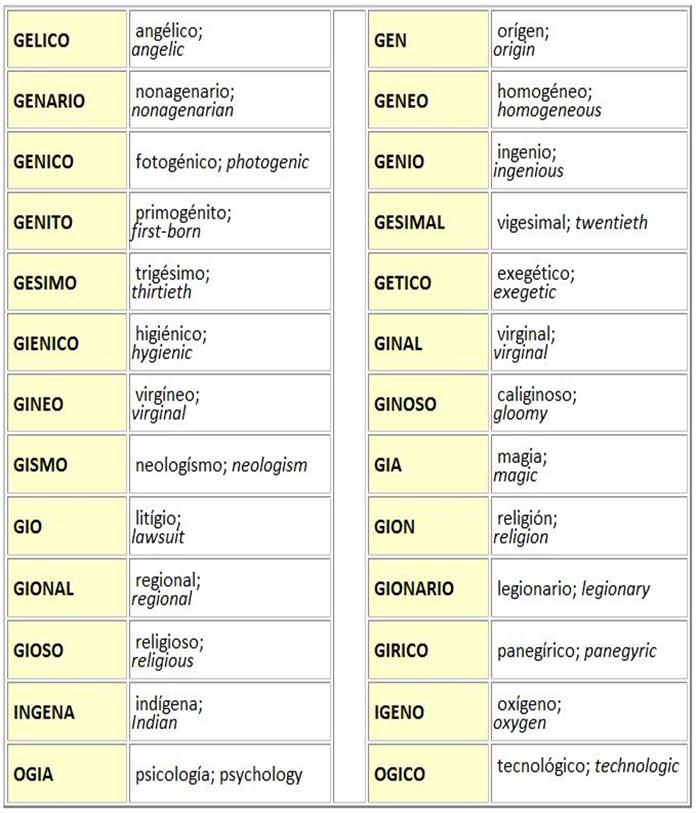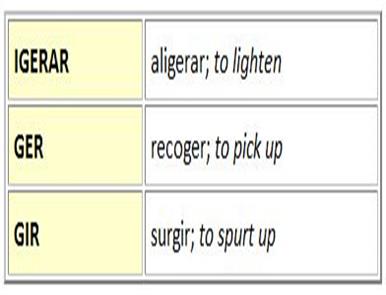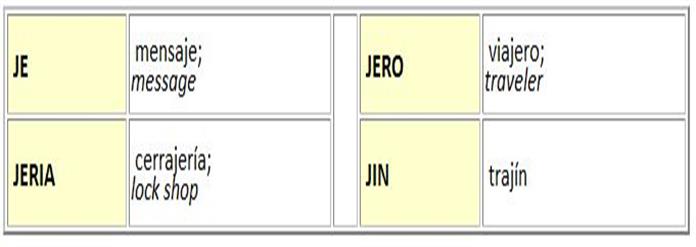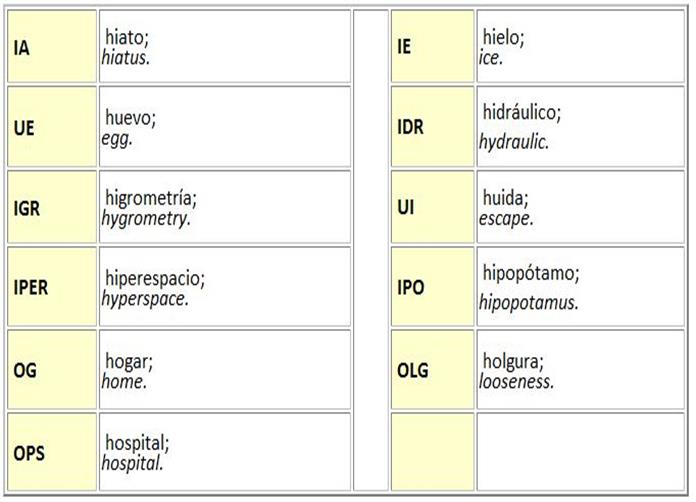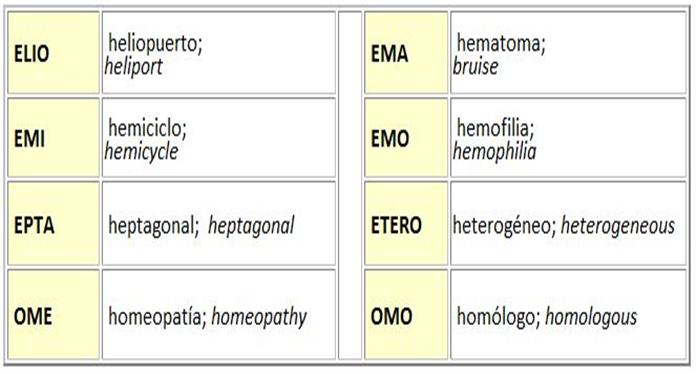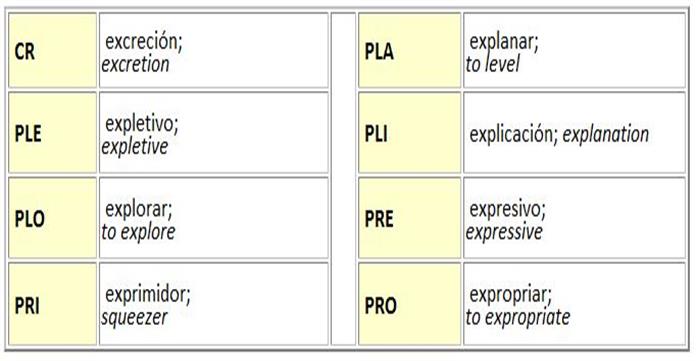Use of B
It must be written with B:
1) Any verbs in which infinitive time ends with:
Exceptions:
Precaver, ver; volver; hervir; servir, vivir... and their compound tenses.
2) The 1st person indicative imperfect past conjugation.
In the first person indicative imperfect past conjugation such as: amaba; lloraba; bailaba.
3) The words that start with the following sounds:
Exceptions:
Vándalo, vanguardia, vanidad, vara, varear, variar, varilla, varón, vasallo, vasco, vaselina, vasija, vaso, vástago y vasto, vate ,vaticano, vaticinar, voracidad, vorágine, votar, vuestro.
4) The words that end with the following sounds:
Exceptions:
Civilidad, movilidad.
5) Syllables that have a b sound after a consonant.
In syllables that have a "b" sound after a consonant such as in amable and brusco.
6) Always after m.
The "b" is always used after an "m" such as bomba, ambiente.
Use of V
It must be written with V:
1) When there is a V sound after the following syllable:
Exception:
Dibujo
2) In adjectives that end in:
Exception:
"Arabe" and composed conjugations, as well as the adjectives formed with the "sílaba" substantive (monosílabo, bisílabo, etc).
3) All of the verb "ir" present time conjugations.
In all the verb "ir" present time conjugations as in: voy, ve, vaya, etc.
4) The verbs ended in "servar".
In all the verbs ended in "servar" like in: conservar/ conserve; reservar/ reserve.
Exception:
Desebrar.
5) Composed words starting with "vice".
6) Words that end in:
Exception:
Víbora.
Use of G before E or I
You must write G before E or I when:
1) The words start with "GEO"
In words that start with "geo" like: geometría, geología and geografía.
2) With words that end in the following:
Exceptions:
Comején, ojen, aguajinoso, espejismo, salvajismo.
3) The infinitives ending in:
Exceptions:
Tejer, crujir.
Use of J before E or I
You must write J in the following cases:
1) The sounds je and ji.
The sounds "je" and "ji" from the infinitive verbs which have neither "g" nor "j" such as "dije" (from the verb "decir"), "reduje" (from the verb "reducir").
2) The words with the following terminations:
Exceptions:
Ambage, magín, auge, cónyuge, esfinge, faringe, laringe, parágoge and some others.
3) The derivatives from words that have -JA, -JO and -JU.
The derivatives from words that have -JA, -JO, -JU like ajillo (ajo).
Use of H
You must write an H in the following situations:
1) In words that originally had an " F "
2) In words that start with the following sounds:
Exceptions:
Ipecacuana, ogro.
3) Any form of the verbs "HABER" and "HACER".
4) Any words that start with:
Exceptions:
Among others: emanar, emancipar, emitir, emigrar, eminencia, emitir, emoción, emoliente, emolimento, omóplato.
5) Most of the time, an "H" appears in between two vowels without a diphthong, such as almohada, alcohol, ahorcar.
6) The composite words and derivitives written with "H".
Composite words and derivitives written with "H": deshonra, deshonesto.
Exceptions:
Orfandad, orfanato (from huérfano)
Osario, osamenta, óseo (from hueso)
Oquedad. (from hueco)
Oval, ovalado, ovalo, ovíparo, ovo & ovoide (from huevo)
7) At the end of one syllable interjections.
At the end of one syllable interjections such as: Ah!, bah!, oh!
Use of M
You must write "M" when:
1) "M" is written instead of "N" always before "B" and "P" like in: imberbe, amparo.
2) "M" is written before "N", like in himno, except in the preposition compounds like "en" (ennegrecer), "in" (innecesario), "con" (convivencia) and "sin" (sinnúmero).
Orthographic use of K
It is only used in foreign words incorporated to the Spanish language like kan, kilo or kermesse.
Use of X instead of S
X is used when:
1) At the beginning of a word before a vowel and h.
At the beginning of a word before a vowel or "h" like in: "exaltación", "exhalación".
2) Almost always before:
3) In the words that start with the following prefixes:
4) Words intended to be written with X.
Some words are intended to be written with x, but they sound like j; such as México or Oaxaca.
Use of R
A single "R" produces a strong sound at the beginning of the word, and after "l", "n", or "s": rosa, alrededor, Israel.
To produce the same strong sound between two vowels, you must use a double "r" like in ferrocarril, errante, etc.
